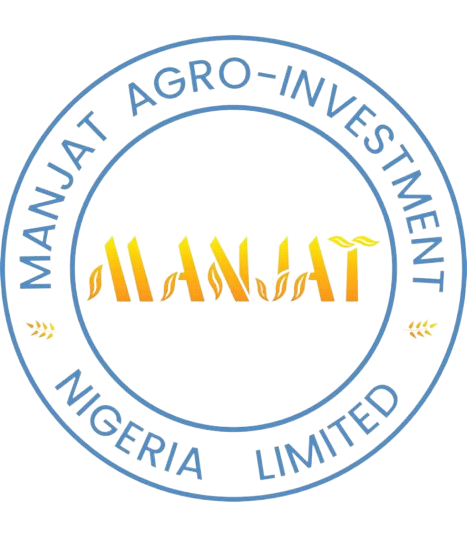Introduction
In recent years, agriculture has emerged as a compelling investment platform in Nigeria. With a rapidly growing population and increasing demand for food, the agricultural sector presents significant opportunities for investors seeking sustainable and high-yield investments. This blog explores the factors driving the growth of agriculture as an investment platform in Nigeria and highlights the benefits of investing in this vital sector.
Factors Driving Growth in Agricultural Investments
1. Growing Population and Food Demand
Nigeria’s population is projected to reach over 400 million by 2050, making it one of the most populous countries in the world. This rapid population growth has led to a corresponding increase in food demand, creating a pressing need for enhanced agricultural production and investment.
2. Government Initiatives and Policies
The Nigerian government has implemented various initiatives and policies to boost the agricultural sector. Programs such as the Agricultural Transformation Agenda (ATA) and the Anchor Borrowers’ Programme (ABP) aim to increase agricultural productivity, provide financial support to farmers, and attract private sector investment.
3. Technological Advancements
Advancements in agricultural technology have significantly improved farming practices in Nigeria. Innovations such as precision farming, improved seed varieties, and mechanization have increased crop yields and reduced production costs, making agriculture a more attractive investment option.
4. Diversification of the Economy
With the volatility of global oil prices, Nigeria has been seeking to diversify its economy away from oil dependency. Agriculture offers a viable alternative, providing opportunities for economic growth, job creation, and sustainable development.
5. Rising Investor Interest
There has been a growing interest among local and international investors in Nigeria’s agricultural sector. The potential for high returns, coupled with the country’s vast arable land and favorable climate, has made agriculture an appealing investment avenue.
Benefits of Investing in Agriculture
1. High Return on Investment (ROI)
Agriculture offers the potential for high returns on investment. Crops such as maize, rice, and cassava, as well as livestock farming, can generate substantial profits for investors. Additionally, value-added activities like agro-processing can further enhance returns.
2. Sustainable and Impactful Investing
Investing in agriculture not only yields financial returns but also contributes to the sustainability and development of local communities. Agricultural investments can create jobs, improve food security, and support rural development, making a positive impact on society.
3. Diversification of Investment Portfolio
For investors looking to diversify their portfolios, agriculture provides a hedge against market volatility. Agricultural investments are less correlated with traditional financial markets, offering stability and resilience in times of economic uncertainty.
4. Government Support and Incentives
The Nigerian government offers various incentives to attract investment in agriculture. These include tax breaks, grants, and access to affordable financing. Such support mechanisms reduce the financial burden on investors and enhance the attractiveness of agricultural investments.
5. Technological Integration
The integration of technology in agriculture has made it easier for investors to monitor and manage their investments. Digital platforms, remote sensing, and data analytics provide valuable insights into crop performance, weather patterns, and market trends, enabling informed decision-making.
How to Invest in Agriculture in Nigeria
1. Identify Investment Opportunities
Research and identify viable investment opportunities within the agricultural sector. Consider areas such as crop farming, livestock production, agro-processing, and agricultural technology.
2. Partner with Established Firms
Collaborate with established agricultural firms and investment platforms like Manjat Agro Investment Ltd. These organizations provide expertise, infrastructure, and support to maximize the potential of your investment.
3. Leverage Government Programs
Take advantage of government programs and incentives designed to support agricultural investments. Engage with relevant agencies and institutions to access funding, grants, and technical assistance.
4. Embrace Technology
Incorporate modern agricultural technologies into your investment strategy. Utilize precision farming tools, data analytics, and digital platforms to optimize productivity and efficiency.
5. Monitor and Evaluate
Regularly monitor and evaluate the performance of your agricultural investments. Stay informed about market trends, technological advancements, and policy changes to make informed decisions and maximize returns.
Conclusion
The growth of agriculture as an investment platform in Nigeria presents a unique opportunity for investors seeking high returns and sustainable impact. With a growing population, government support, technological advancements, and rising investor interest, the agricultural sector is poised for significant expansion. By investing in agriculture, you can diversify your portfolio, contribute to economic development, and secure your financial future. Now is the time to seize the opportunities presented by Nigeria’s thriving agricultural sector and reap the benefits of this dynamic investment landscape.


Leave a Reply